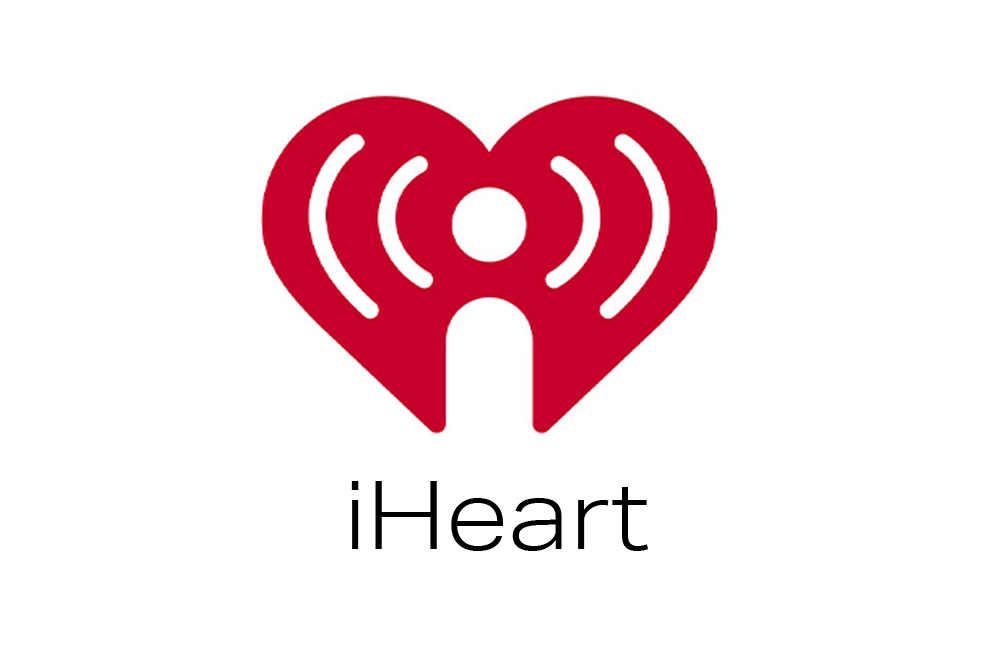For centuries, faith-based communities have played a vital role in caring for the sick, supporting families, and meeting medical needs. Today, that tradition continues through Christian healthshare networks, modern faith-based models that bring members together to share each other’s eligible medical costs. While they may look similar to traditional medical insurance on the surface, their purpose, structure, and spirit set them apart.
Shared Purpose vs. Contractual Obligation
In a traditional insurance system, your relationship is with a company that agrees to pay certain medical expenses according to your policy. A Christian healthshare network, like WeShare®, operates differently. Members contribute a set monthly amount to a shared fund, which is then used to help with other members’ eligible medical needs. It’s a voluntary act of mutual aid, rooted in the biblical principle of caring for one another.
This means that, rather than a contractual guarantee, participation is built on trust, shared beliefs, and a commitment to supporting the community in times of need.
Lower Monthly Contributions
A major draw of Christian healthshare networks is their lower monthly cost. Research indicates that the monthly “sharing” contributions can be dramatically lower than traditional insurance premiums. For example, the Society of Actuaries’ magazine reported that HCSM contributions “can be as little as 25% of the cost of monthly health insurance premiums,” highlighting affordability as a key differentiator between faith-based healthshare sharing and traditional alternatives.
Many members are drawn to Christian healthshare networks for their clarity, sense of community and potential cost savings, especially when compared to the rising costs in the traditional market.
Provider Access and Care Options
A common misconception is that faith-based healthshare limits your access to doctors. In reality, networks like WeShare partner with major provider groups such as the PHCS® PPO and CVS Caremark™, offering access to over a million doctors and tens of thousands of pharmacies nationwide.
Both models can provide nationwide access to healthshare providers, but faith-based programs often add perks like telehealth, mental health support, and wellness resources, which are all included in the membership.
Values-Driven Community
Perhaps the most significant difference lies in the community aspect. In a Christian healthshare network, members are not just customers; they are part of a shared mission to promote wellness, live out their faith, and provide mutual support. This can create a sense of belonging that goes beyond financial assistance.
Traditional insurance is primarily transactional, while faith-based healthshare combines practical medical cost-sharing with emotional and spiritual encouragement.
Similarities That Matter
Despite their differences, both faith-based and traditional systems share a core goal: helping people get the care they need. Both work with healthshare providers, offer preventive and emergency care, and can support families through various life stages.
The key distinction is in how that goal is achieved: either through a business contract or through a voluntary, values-based community.
Learn more about how a Christian healthshare network like WeShare® blends modern healthshare access with timeless faith-based principles at weshare.org.
References:
Tony Pistilli. 2021. The Actuary Magazine (Society of Actuaries) “Health Care Sharing Ministries” Available at: https://www.theactuarymagazine.org/health-care-sharing-ministries/#:~:text=Benefit%20Structures%20and%20Lower%20Costs
Emily Bazar. 2017. KFF Health News. “Leap Of Faith: Will Health Care Ministries Cover Your Costs?” Avialable at: https://kffhealthnews.org/news/leap-of-faith-will-health-care-ministries-cover-your-costs/#:~:text=%E2%80%9CWhat%20led%20me%20to%20look,%E2%80%9D




